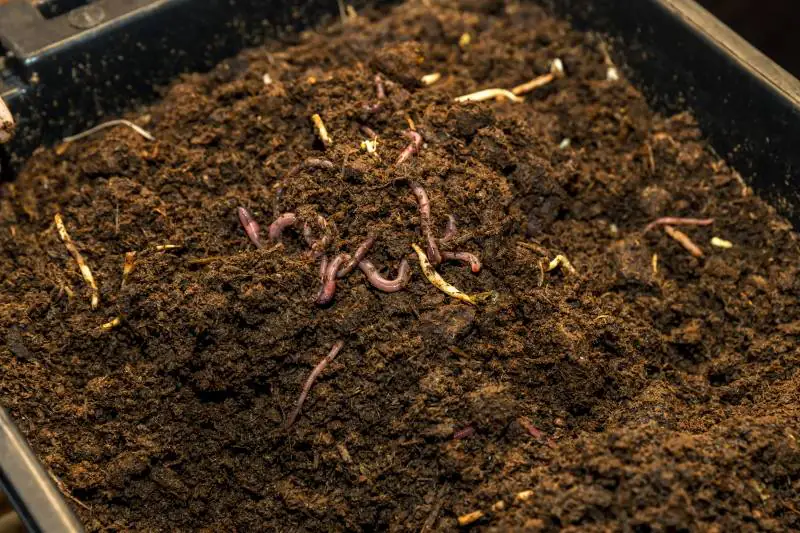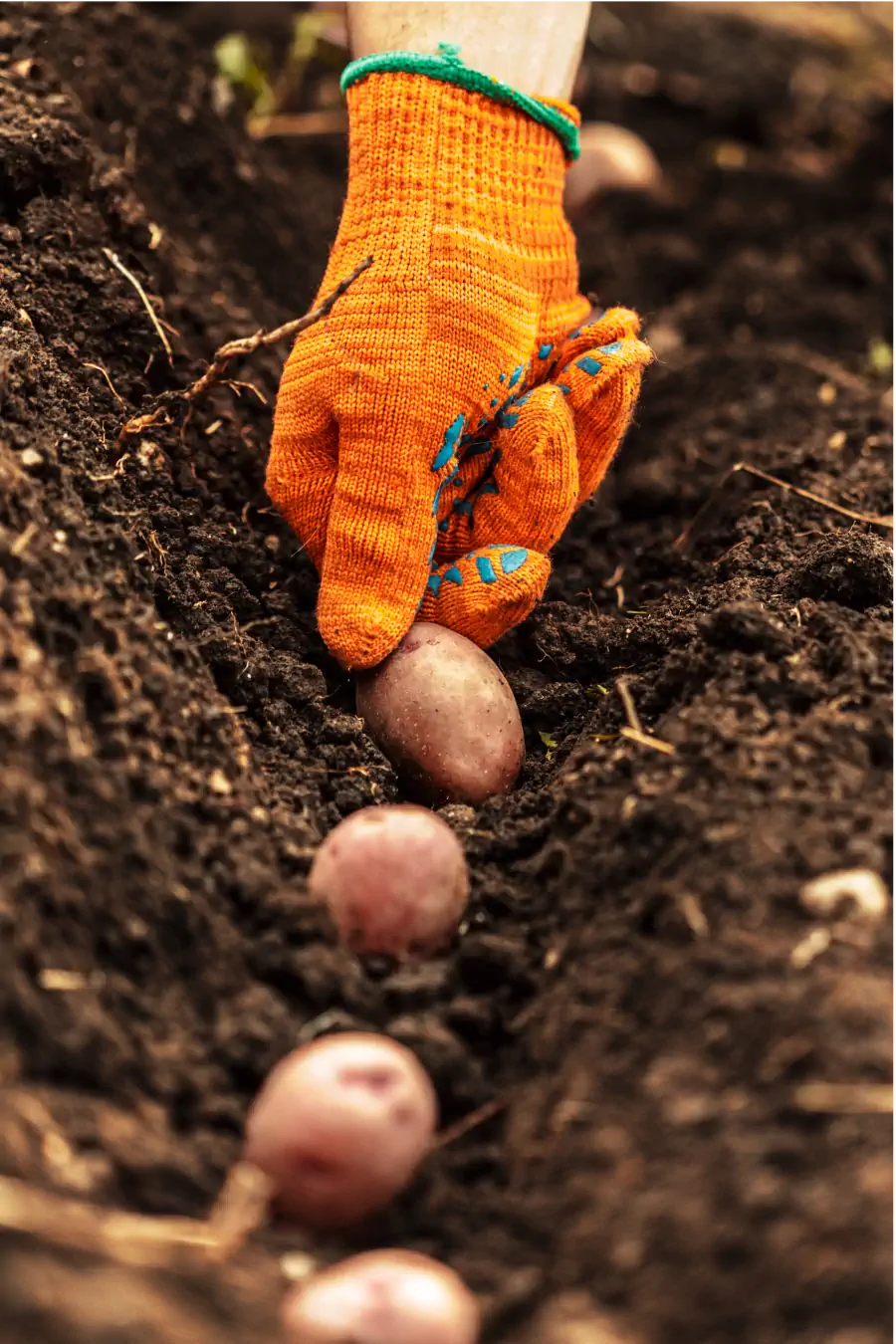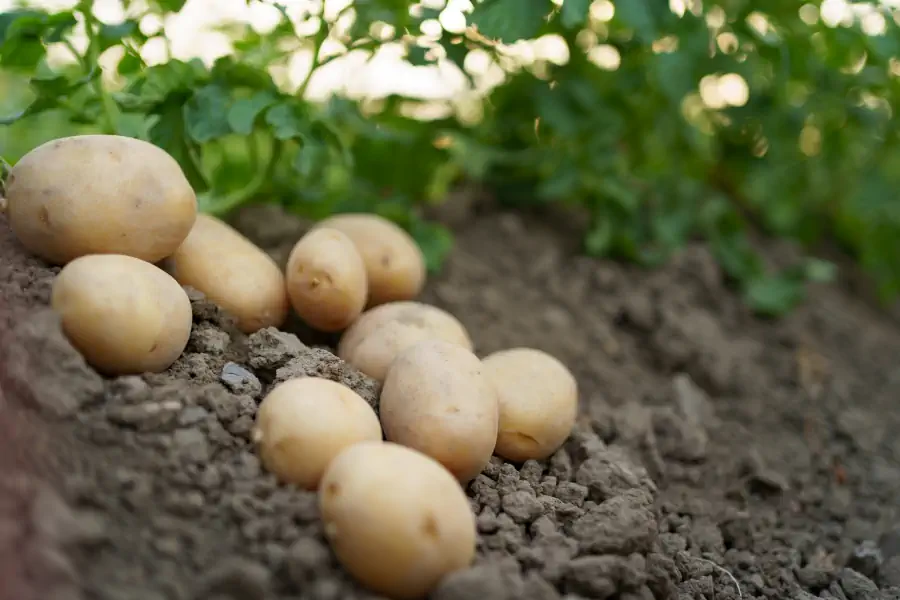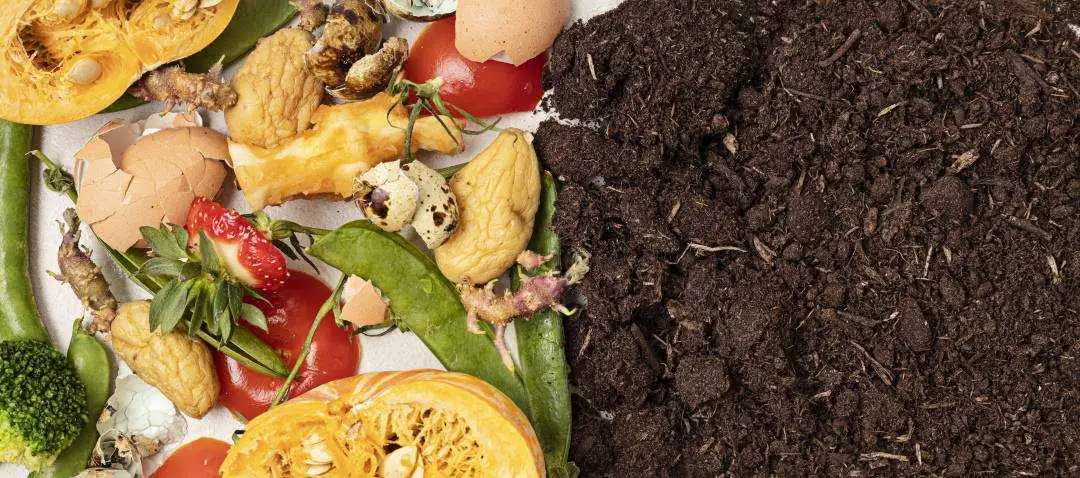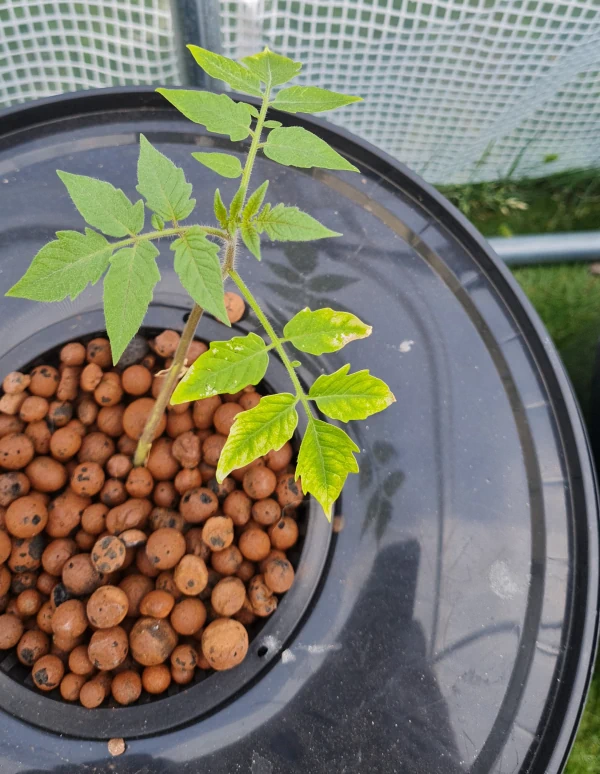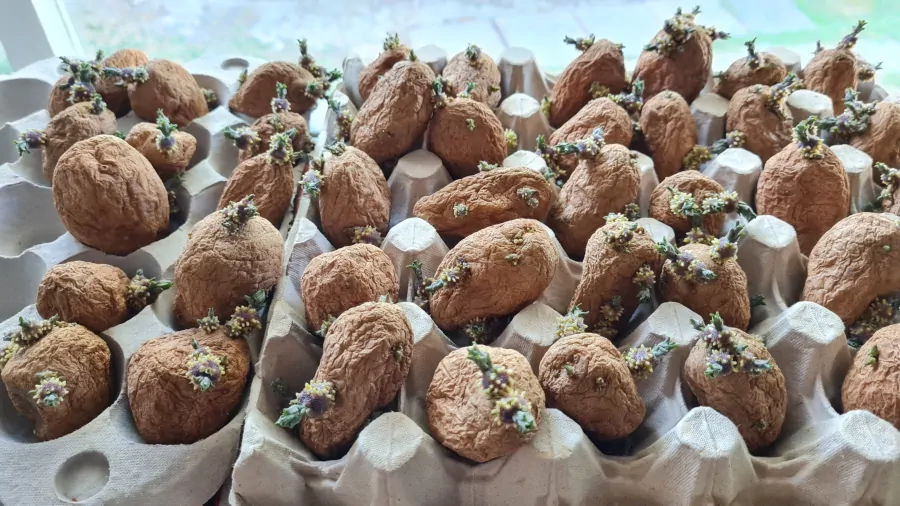We have covered how to make compost at home and in this post, we are delving a bit deeper into Vermiculture.
Introduction to Vermiculture
Vermiculture is a process of using worms to decompose organic waste material, such as kitchen scraps, to produce nutrient-rich organic compost. It is a simple and eco-friendly way to reduce waste while producing high-quality fertilizer for your garden.
Definition of Vermiculture
Vermiculture is a form of composting that involves using worms to break down organic matter into compost. This process is done in a controlled environment, using a worm bin, where worms are fed kitchen scraps, leaves, and other organic materials, which they process and excrete as a nutrient-rich soil amendment.
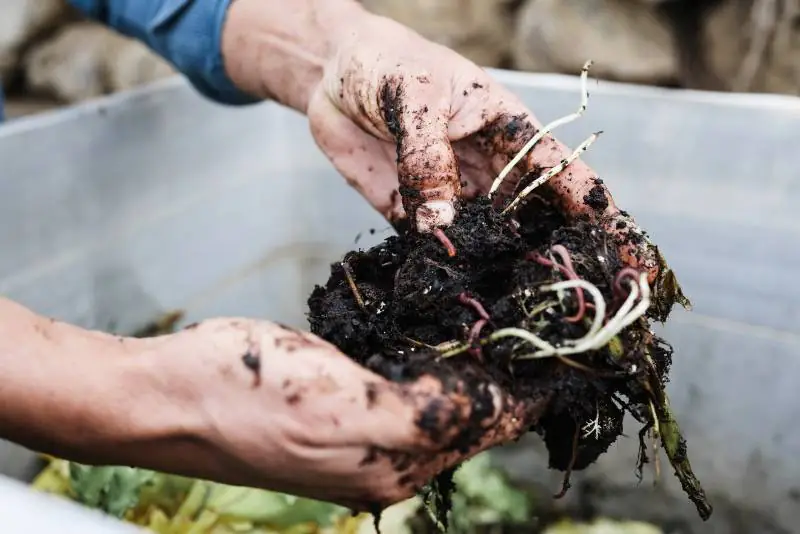
Benefits of vermiculture
- Produces organic compost
One of the most significant benefits of vermiculture is that it produces high-quality, nutrient-rich organic compost that is excellent for plants. This compost is full of beneficial microorganisms that improve soil health and increase plant growth and productivity.
- Reduces waste
Vermiculture is an eco-friendly way to reduce waste, as it allows you to turn your kitchen scraps and other organic waste into something useful. This can significantly reduce the amount of waste you produce and send to landfills.
- Lowers carbon footprint
By reducing waste and producing organic compost, vermiculture can help lower your carbon footprint. It is a sustainable way to manage organic waste, which reduces the amount of greenhouse gas emissions produced by landfills.
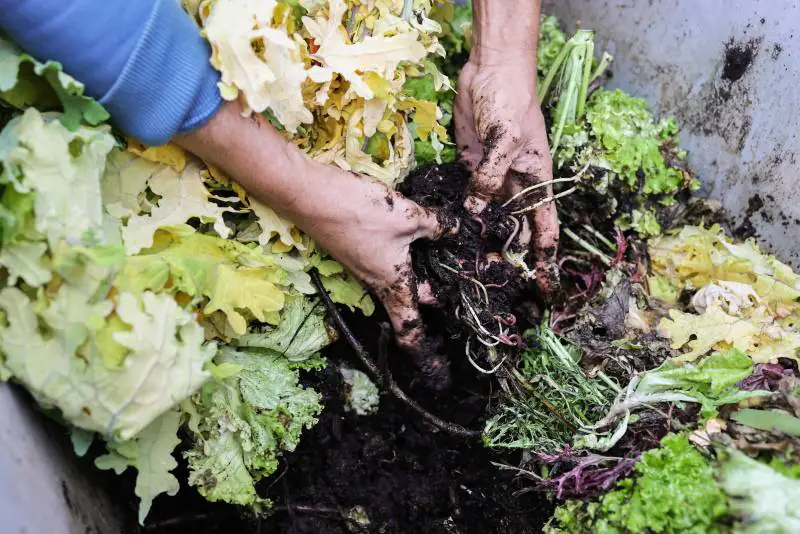
What is worm composting and vermicomposting?
Worm composting and vermicomposting are two terms that are often used interchangeably to describe the process of using worms to decompose organic waste. However, they are slightly different.
Worm composting is the process of using worms to break down organic matter in a bin. It typically involves using red worms, also known as red wigglers, which are well-suited for composting because of their ability to consume large amounts of organic waste.
Vermicomposting, on the other hand, is a broader term that refers to the entire process of using worms to decompose organic waste. This includes worm composting, but it also encompasses other forms of worm-based waste management, such as using worms to process sewage sludge or animal waste.
Overall, vermiculture is a simple and effective way to manage organic waste and produce high-quality compost. Whether you are an avid gardener looking to improve your soil health or simply want to reduce your environmental impact, vermiculture is a great option to consider.
Setting up a worm farm
If you are interested in vermiculture, setting up a worm farm is the first step. Here are some important things to consider when starting your own worm farm.
Choosing the right location
Choosing the right location for your worm farm is crucial. The area should be well-ventilated and protected from direct sunlight and extreme temperatures. It should also be convenient for you to access, as you will need to check on the worms regularly.
Setting up the worm bin
To set up a worm bin, you will need a container that is large enough to hold the worms and the compost they produce. You can purchase a worm bin or make one yourself using a plastic or wooden container.
Adding the bedding and the worms
Once you have your worm bin, you will need to add bedding and worms. Bedding can consist of shredded newspaper, cardboard, or leaves, and it serves as a comfortable home for the worms. When it comes to worms, not all worms are created equal.
Types of worms for vermiculture:
There are several types of worms that can be used for vermiculture, but the most common are red worms, also known as red wigglers, and European nightcrawlers. Red wigglers are the best choice for worm composting, as they are well-suited to living in a bin and consuming large amounts of organic waste.
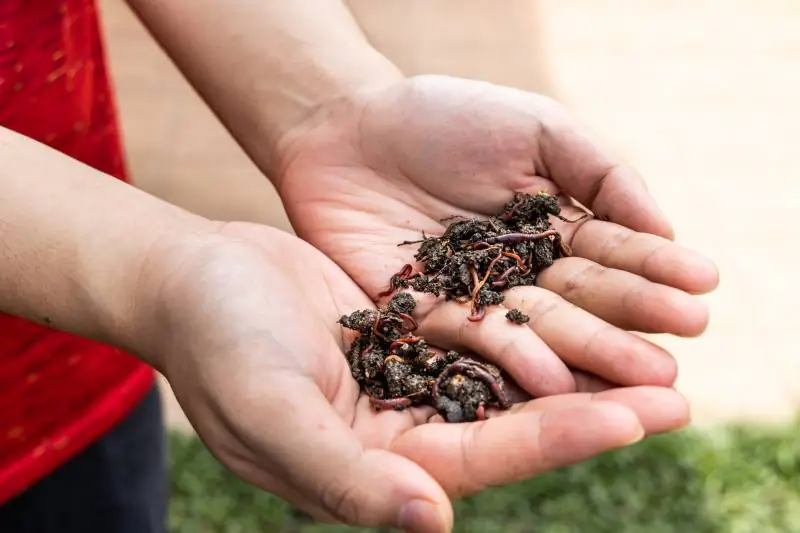
Red wigglers are easy to care for, reproduce quickly, and are excellent at breaking down organic matter. They are also relatively small and don’t require much space, making them an ideal choice for a worm bin.
Feeding the worms
Feeding your worms is an essential part of maintaining your worm farm. You can feed your worms a variety of kitchen scraps, including fruit and vegetable peels, coffee grounds, and eggshells.
- Types of kitchen compost that worms like
Worms like a variety of kitchen scraps, but some foods are better than others. Avoid feeding them citrus fruits, onions, garlic, and dairy products, as these can be too acidic or attract pests.
- Do’s and don’ts of feeding worms
When feeding your worms, it’s important to follow a few do’s and don’ts. Do chop up the food into small pieces, as this will make it easier for the worms to consume. Don’t overfeed your worms, as this can cause the bin to become too acidic and attract pests. Finally, do cover the food scraps with bedding, as this will help control moisture and odors.
By following these tips, you can set up a successful worm farm and produce high-quality compost for your garden.
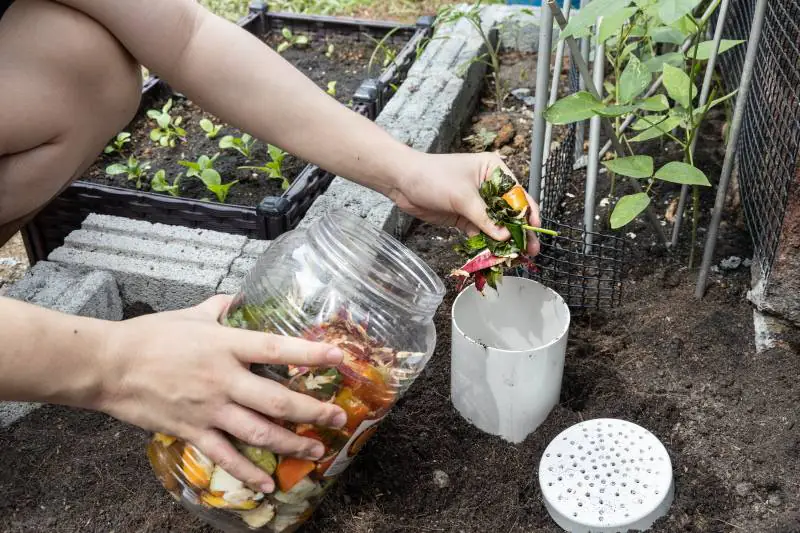
Maintaining the worm farm
Maintaining your worm farm is essential to ensure the health of your worms and the quality of the compost they produce. Here are some important things to keep in mind when maintaining your worm farm.
- Monitoring moisture levels
Worms need a moist environment to survive, but they can also drown if the bedding becomes too wet. It’s important to monitor the moisture levels in your worm bin regularly and adjust as needed. If the bedding feels dry, add a bit of water. If it’s too wet, add more bedding. - Avoiding overfeeding
Overfeeding your worms can cause the bin to become too acidic and attract pests. As a general rule, you should feed your worms only as much as they can consume in a day or two. If you notice that there is still food in the bin after a few days, feed them less next time. - Harvesting the compost
Harvesting the compost is one of the most rewarding parts of vermiculture. Here’s how to do it.- How to separate worms from compost
To separate the worms from the compost, you can use a method called “light harvesting.” Simply shine a bright light on one side of the bin and wait for the worms to migrate to the other side. Then, remove the compost and set it aside. - Using the compost in the garden
The compost produced by your worm farm is an excellent fertilizer for your garden. It’s full of beneficial microorganisms that improve soil health and increase plant growth and productivity. Spread it over your garden beds or mix it into potting soil to give your plants a nutrient boost.
- How to separate worms from compost
Troubleshooting your Vermiculture worm farm
Even with the best care, problems can arise in a worm farm. Here are some common problems and how to solve them.
Common problems and how to solve them.
- Foul smell
A foul smell coming from your worm bin is a sign that something is wrong. It’s likely that the bedding is too wet or the bin is overfed. To solve this problem, remove any excess moisture from the bin and feed your worms less. - Fruit flies
Fruit flies are attracted to decaying organic matter, which makes your worm bin an ideal breeding ground. To prevent fruit flies, make sure you’re not overfeeding your worms and cover any food scraps with bedding. - Worms trying to escape
If your worms are trying to escape from the bin, it’s a sign that the environment inside the bin is not suitable for them. Check the moisture levels and make sure the bin is not too hot or cold. If the problem persists, it may be time to start a new worm bin.
By monitoring the moisture levels, avoiding overfeeding, and harvesting the compost regularly, you can maintain a healthy worm farm and produce high-quality compost for your garden. And if problems arise, don’t worry—there are usually simple solutions.
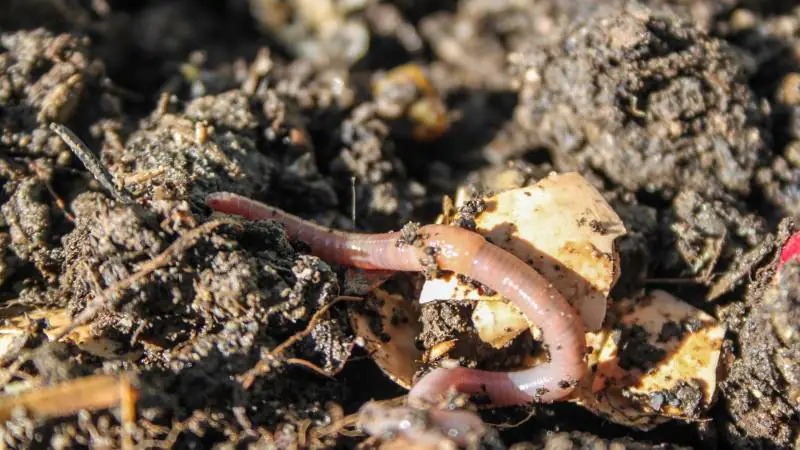
Conclusion
Vermiculture is a simple and effective way to reduce waste and produce high-quality organic compost. Here are some key takeaways from this article.
Benefits of vermiculture:
- Produces nutrient-rich organic compost for your garden.
- Reduces waste and lowers your carbon footprint.
- Provides an eco-friendly alternative to traditional waste management methods.
If you’re interested in vermiculture, don’t be afraid to give worm composting a try! It’s a fun and rewarding way to turn your kitchen scraps into something useful.
Vermiculture is not just beneficial for your garden—it’s also good for the environment. By reducing waste and producing compost, vermiculture helps to reduce greenhouse gas emissions and promote sustainable living. So, whether you’re an avid gardener or simply looking for ways to live more sustainably, vermiculture is definitely worth considering.
In conclusion, vermiculture is a great way to reduce waste, produce high-quality compost, and promote sustainable living. By setting up a worm farm and following the tips outlined in this article, you can enjoy the benefits of vermiculture and make a positive impact on the environment.

